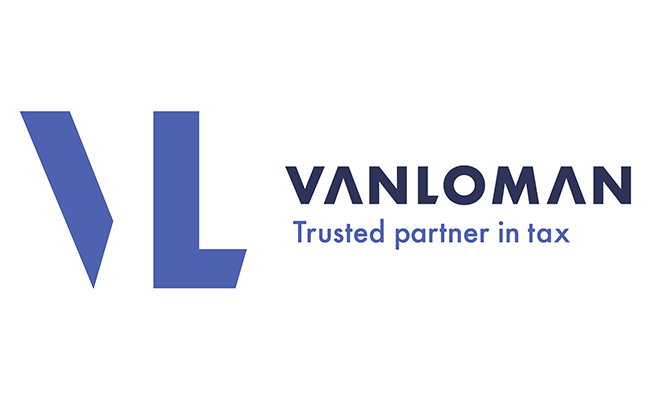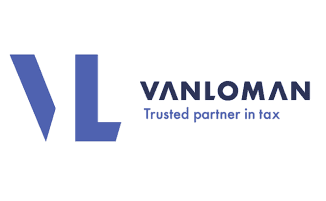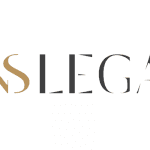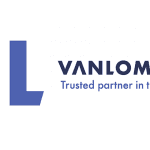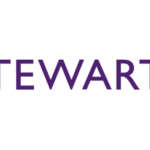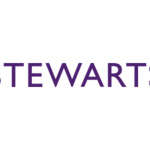On 18 October 2022, the Dutch Secretary of State of Finance published a formal decree in relation to the Dutch corporate income tax treatment of payments of premiums and pay-outs under Warranty and Indemnity insurances (the W&I insurances). This decree includes the view of the Participation Exemption Knowledge Group of the Dutch tax authorities (the Knowledge Group) in relation to the Dutch corporate income tax treatment of W&I insurances. As W&I insurances are frequently used in M&A transactions, this tax development is relevant for the deal practice.
W&I insurances
Both warranties and tax indemnities play an important role in M&A transactions. By including warranties in the sale and purchase agreement, the buyer aims to get a clear view on the key characteristics and (potential) issues of the target by way of disclosure of information. Next to the warranties, the tax indemnity caters for a proper coverage of any tax liability in respect of any event occurring on or before the transaction date. In order to cover losses arising from a breach of a warranty and claims under a tax indemnity parties can enter into W&I insurances. These W&I insurances have gained popularity in recent years.
The question arises whether the payment of premiums for the W&I insurances are deductible for Dutch corporate income tax purposes and whether the pay-outs are subject to Dutch corporate income tax at the level of a Dutch recipient. With the publication of the formal decree and the view of the Knowledge Group on this topic, the tax treatment is now further clarified.
Main rule Dutch participation exemption
Generally, Dutch tax resident corporate taxpayers are subject to Dutch corporate income tax on their worldwide income. However, income derived from a qualifying participation in which the Dutch corporate taxpayer holds an interest of 5% or more of the nominal paid-up share capital should in principle be exempt from Dutch corporate income tax pursuant to the application of the Dutch participation exemption. The term ‘income’ is defined broadly for the purpose of the Dutch participation exemption and also includes losses. As such, losses derived from a qualifying participation are, in principle, also exempt for Dutch corporate income tax purposes and therefore non-deductible. In line therewith, transaction costs made by the taxpayer in relation to the qualifying participation will increase the amount paid for the qualifying participation (in Dutch: opgeofferd bedrag).
‘In order to cover losses arising from a breach of a warranty and claims under a tax indemnity parties can enter into W&I insurances. These W&I insurances have gained popularity in recent years.’ Gabriël van Gelder and Jochem Kin, VanLoman Tax Lawyers
In the past, it was unclear whether costs that are made in relation to acquisitions and sales of qualifying participations also fall under the scope of the Dutch participation exemption. With the judgment of the Dutch Supreme Court in 2018, further clarity on this topic was provided. The Dutch Supreme Court decided that costs that have a direct and causal link with an acquisition or sale of a qualifying participation on which the participation exemption can be applied are considered non-deductible for Dutch corporate income tax purposes. Examples of such costs are the legal fees for due diligence and the preparation of the sale and purchase agreement.
Although further clarity was provided with the judgment of the Dutch Supreme Court, it was still unclear whether the payment of the premiums and the pay-outs under the W&I insurances directly relate to an acquisition or sale and thus, whether these premiums and pay-outs fall under the scope of the Dutch participation exemption.
Position of the Knowledge Group as included in the formal decree
According to the formal decree in relation to the W&I insurance, the Knowledge Group takes the following position in relation to the Dutch tax aspects of the payments of the premiums and pay-outs under W&I insurances:
-
- the W&I insurance premiums are considered non-deductible for the Dutch corporate income tax as these costs directly relate to an acquisition or sale of a qualifying participation (ie, these costs fall under the scope of the Dutch participation exemption);
- as the W&I insurance premiums fall under the scope of the Dutch participation exemption, a well-balanced approach entails that a potential pay-out under the W&I insurance falls also under the scope of the Dutch participation exemption, pursuant to which the pay-out is exempt from Dutch corporate income tax at the level of a Dutch recipient; and
- the W&I insurance premiums paid by the buyer are to be added to the amount paid for the respective qualifying participation.
Furthermore, it is noted in the formal decree that a distinction should be made between buyer insurance policies and seller insurance policies.
A buyer insurance policy
In case of a buyer insurance policy the buyer of the shares in the target enters into a W&I insurance with an insurer and future pay-outs under the W&I insurance are paid by the insurer to the buyer. In this case, the premiums that the buyer pays are non-deductible for Dutch corporate income tax purposes at the level of the buyer and any future pay-outs are exempt from Dutch corporate income tax at the level of the buyer. The amount paid for the shareholding will be increased by the total amount of W&I insurance premiums and will be reduced by any pay-outs received under the W&I insurance.
A seller insurance policy
According to the Knowledge Group, a seller insurance policy can be divided into the following two categories:
The first category is that the seller of the shares in the target enters into a W&I insurance, whereby any future pay-outs under the W&I insurance are directly paid to the buyer by the insurer. In this case, the premiums that the seller pays are non-deductible for Dutch corporate income tax purposes at the level of the seller and any future pay-outs are exempt from Dutch corporate income tax at the level of the buyer. The amount paid for the shareholding will be reduced by any pay-outs received under the W&I insurance.
The second category is that the seller of the shares in the target enters into a W&I insurance, whereby any future pay-outs under the W&I insurance are paid to the seller by the insurer, which will subsequently be paid by the seller to the buyer. In this case the seller is deemed to act as a conduit and the taxable income of the seller should therefore not be affected by the pay-outs. The premiums that the seller pays are non-deductible for Dutch corporate income tax purposes at the level of the seller and any future pay-outs are exempt from Dutch corporate income tax at the level of the buyer. The amount paid for the shareholding will be reduced by any pay-outs received under the W&I insurance.
Concluding remarks
With the publication of the formal decree it became clear that the Knowledge Group takes the position that the premiums paid for a W&I insurance are non-deductible for Dutch corporate income tax purposes and that the pay-outs are exempt from Dutch corporate income tax as they fall under the scope of the Dutch participation exemption. It should be noted that this position only applies to the W&I insurance premiums and that the tax treatment of other (tax) insurance policies may be different.
For more information, please contact:

Gabriël van Gelder, partner
gabriel.vangelder@vanloman.com

Jochem Kin, partner
jochem.kin@vanloman.comVanLoman Tax Lawyers
De Boelelaan 7
1083 HJ Amsterdam
The Netherlands
T: +31 (0)20 760 4500
E: info@vanloman.com







